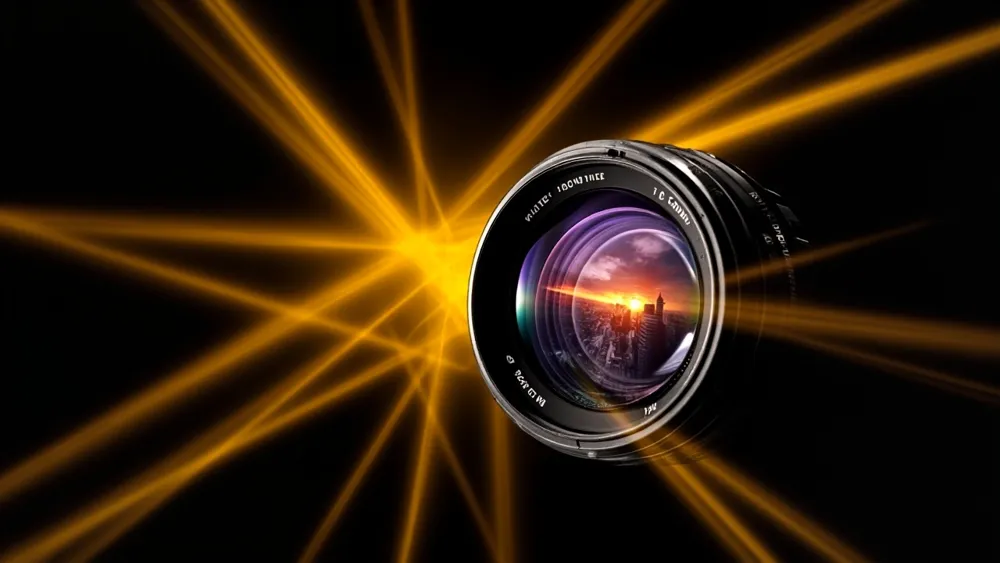Impact of Advanced Camera Technology on Filmmaking Visual Narratives

In recent years, technological advancements in camera equipment have transformed the landscape of film and television production. These innovations not only enhance visual storytelling but also redefine the pacing and rhythm of entertainment. The emergence of lightweight, self-stabilizing cameras, capable of adjusting to rapid environmental changes, underscores the profound impact of technology on creative expression. This evolution resonates beyond the entertainment industry, influencing various sectors, including advertising and virtual content creation, making it a relevant theme in today's tech-driven society.
The latest innovation, exemplified by the DJI Ronin 4D, showcases significant strides in materials science and engineering, especially concerning camera stabilization and maneuverability. The Ronin 4D integrates advanced sensors to detect movement in real-time, effectively compensating for vibrations and providing smooth footage even during dynamic scenes. This technology has allowed shows like Netflix's hit series "Adolescence" to film gripping sequences in a single take, captivating viewers with a heightened sense of immediacy and immersion. The unprecedented fluidity achieved in these shots illustrates a fundamental shift from traditional filming methods, where cumbersome equipment restricted creative flexibility. For instance, directors like Matthew Lewis, who worked on "Adolescence," leverage this equipment to create a seamless narrative experience that was previously unattainable, leading to more dynamic storytelling.
Looking forward, the evolution of camera technology will likely continue reshaping how stories are told on screen. As materials and engineering innovations progress, we might see these advancements spilling over into everyday life—such as improvements in smartphone camera quality, resulting from these high-end filming techniques. Yet, there's a cautionary note; as filmmakers become enamored with technology, there is a risk of prioritizing unique filming methods over the narrative's depth, which could potentially dilute the quality of storytelling. Therefore, it's crucial for creators to balance technical prowess with strong storylines to engage audiences meaningfully.
Read These Next

Review: Xingyao 14 Lightweight Business Laptop Exemplifies Innovation
Sina CrowdTest reviewed the ultra-lightweight Xingyao 14 laptop, highlighting its design and performance for modern business users.

UK to Launch Driverless Vehicle Pilot by 2026
The UK plans to launch a driverless vehicle pilot in 2026, showing potential for innovation and investment in autonomous transport, while raising questions about regulation and public safety.

ByteDance Launches Doubao 1.6, Seedance 1.0, Reducing Costs
ByteDance's latest AI model launches signify a competitive shift in AI service costs and capabilities, raising questions about market impacts and future industry trends.
